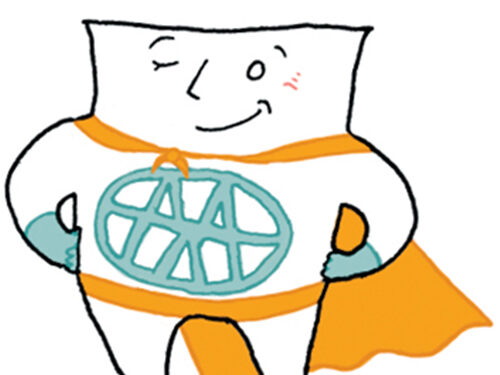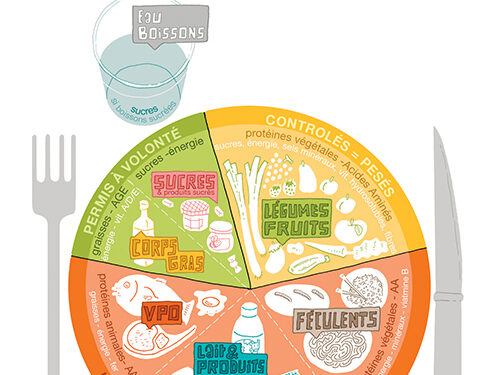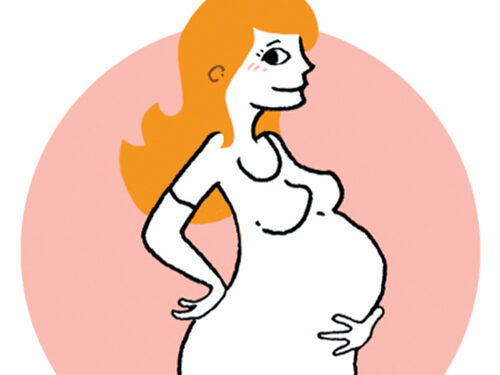Managing complex situations
Anorexia – food refusal
Newborn babies and/or small children may have periods of food refusal, without illness:
- If, at a meal, he refuses his plate, do not be “anxious” and do not offer the plate for 1 hour or more, reheated several times, or accompanied by “devious means” to get him to eat: TV, games, parade of people, forcing etc. On the contrary, take away his plate, do not offer him dessert, he will then be hungry and will eat better at the next meal. If he senses your concern, his attitude is likely to become entrenched;
- If he refuses his vegetable meal, do not give in and offer him low protein foods instead to satisfy his appetite. Avoid taking the easy way out by offering chips at every meal, which can only be given in small, “controlled” quantities.
- To keep him eating and to “please him”, do not offer him “forbidden” foods, even in small quantities: he cannot understand the “limited permit”, or the permit one day and the forbidden for the same food the next.
It is important that mum and dad have the same attitude because if your child sees opposite reactions, the period of anorexia and/or refusal may not be transient. Check with your dietician that you are giving the correct amount of amino acidAmino acids are molecules that combine to form proteins. 20 amino acids make up the proteins of the human body. Of these, 8 are essential (our body cannot synthesise them, they must be supplied by the diet): isoleucine, leucine, lysine, methionine, phenylalanine, threonine, tryptophan, valine.
Arginine and histidine are semi-indispensable. In fact, only infants need to take them from their food.
Cysteine, glycine and tyrosine may be indispensable for certain populations mix; too much of it can overwhelm your child’s appetite.
If your child has a small appetite, the dietitian will work with you to change the mix to be lower in calories.
Rejection of the amino acidAmino acids are molecules that combine to form proteins. 20 amino acids make up the proteins of the human body. Of these, 8 are essential (our body cannot synthesise them, they must be supplied by the diet): isoleucine, leucine, lysine, methionine, phenylalanine, threonine, tryptophan, valine.
Arginine and histidine are semi-indispensable. In fact, only infants need to take them from their food.
Cysteine, glycine and tyrosine may be indispensable for certain populations mixture
Your child may refuse the amino acidAmino acids are molecules that combine to form proteins. 20 amino acids make up the proteins of the human body. Of these, 8 are essential (our body cannot synthesise them, they must be supplied by the diet): isoleucine, leucine, lysine, methionine, phenylalanine, threonine, tryptophan, valine.
Arginine and histidine are semi-indispensable. In fact, only infants need to take them from their food.
Cysteine, glycine and tyrosine may be indispensable for certain populations mixture. This may be due to the method of preparation:
- too diluted, the volume may be too large,
- conversely, if it is too thick, it may be too concentrated.
It may be due to irregular intake. Your child needs to understand that this mixture is essential for him/her to be well and that it is an integral part of his/her diet.
It should be taken every day. It’s up to you to make sure you do. It may be because you are anxious about taking it, because you know it is important. If this is too difficult, ask the psychologist for help; she will reassure you.
When faced with these difficulties (both refusal of vegetables and refusal of the amino acidAmino acids are molecules that combine to form proteins. 20 amino acids make up the proteins of the human body. Of these, 8 are essential (our body cannot synthesise them, they must be supplied by the diet): isoleucine, leucine, lysine, methionine, phenylalanine, threonine, tryptophan, valine.
Arginine and histidine are semi-indispensable. In fact, only infants need to take them from their food.
Cysteine, glycine and tyrosine may be indispensable for certain populations mixture), do not give in, as you will not see any immediate signs that your child is intoxicated, but if the diet is consistently poorly applied, with discordant attitudes, the consequences will be slow, gradual intoxication (with regular rises in blood levels), foreshadowing a variety of difficulties later on.
Intercurrent illnesses
An illness, even a mild one, can lead to fever. A small child with a fever often has little appetite. If he does not eat all his portions, do not be alarmed, do not force him. Give him sweet foods that are easy to eat and provide energy: compotes, fruit juices or sodas, special low-protein foods, desserts or fruit mixed with a low-protein drink, low-protein cakes crushed in a low-protein drink, etc.
Try to give your child his amino acidAmino acids are molecules that combine to form proteins. 20 amino acids make up the proteins of the human body. Of these, 8 are essential (our body cannot synthesise them, they must be supplied by the diet): isoleucine, leucine, lysine, methionine, phenylalanine, threonine, tryptophan, valine.
Arginine and histidine are semi-indispensable. In fact, only infants need to take them from their food.
Cysteine, glycine and tyrosine may be indispensable for certain populations mixture in small, repeated amounts throughout the day. Fever increases phenylalanine levels in the blood, but this is not a cause for concern in the short term.
Vomiting – diarrhoea
Make an appointment with your doctor to find out the cause. He or she will treat your child as he or she would any other child with vomiting and/or diarrhoea. The only precaution is not to use “anti-diarrhoea milks”, which often contain a lot of protein and therefore phenylalanine.
Don’t worry, the rise in blood levels, if it occurs, will only be temporary and will not affect your child’s progress.





